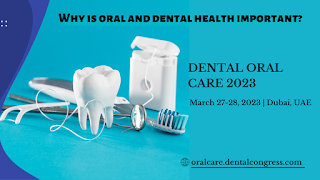What does oral and maxillofacial surgeon do?
Oral maxillofacial surgeons are oral surgeons,
but they've experienced fresh training to address more complex dental and
medical issues. These largely- professed surgeons have expansive training in
dental drug, frequently addressing problems associated with the head, mouth,
jaws, and neck. Maxillofacial Surgery, further generally known as oral surgery,
focuses on treating numerous conditions, injuries, and blights in the head,
neck, face, jaws, and hard and soft apkins of the mouth. Oral surgery is
essential for addressing both the functional and aesthetic aspects of the areas
listed over. Maxillofacial and Oral Surgeons like Manolis Heliotis, offer a
comprehensive service in Facial Aesthetics using Orthognathic and Facial Contouring
procedures, Facial
Plastic Surgery, Cancers of the Head and Neck, and all surgery to the
mouth, jaws and teeth. Findings pertain to how cases deal with the
interpersonal and social ramifications of opinion and surgical treatment.
Fatalism, detainments in help- seeking,
responses to opinion, postsurgical anxiety, and adaptation were reported. Consolation
previous to surgery was occasionally set up to limit understanding of
postoperative impairment. Oral and maxillofacial surgeons were seen in heroic
or imposing places that impacted on their capacity to be probative to cases
managing with life change and “handicap”. The patient treatment opinions were
set up to be determined by stations about death, which motivated cases and surgeons
to make delicate or extreme choices. Suffering, social changes, and
postoperative query were patient enterprises. Case strategies for conforming to
disfiguration are examined, and specific recommendations for the oral and
maxillofacial surgeon are made.

.png)


Comments
Post a Comment